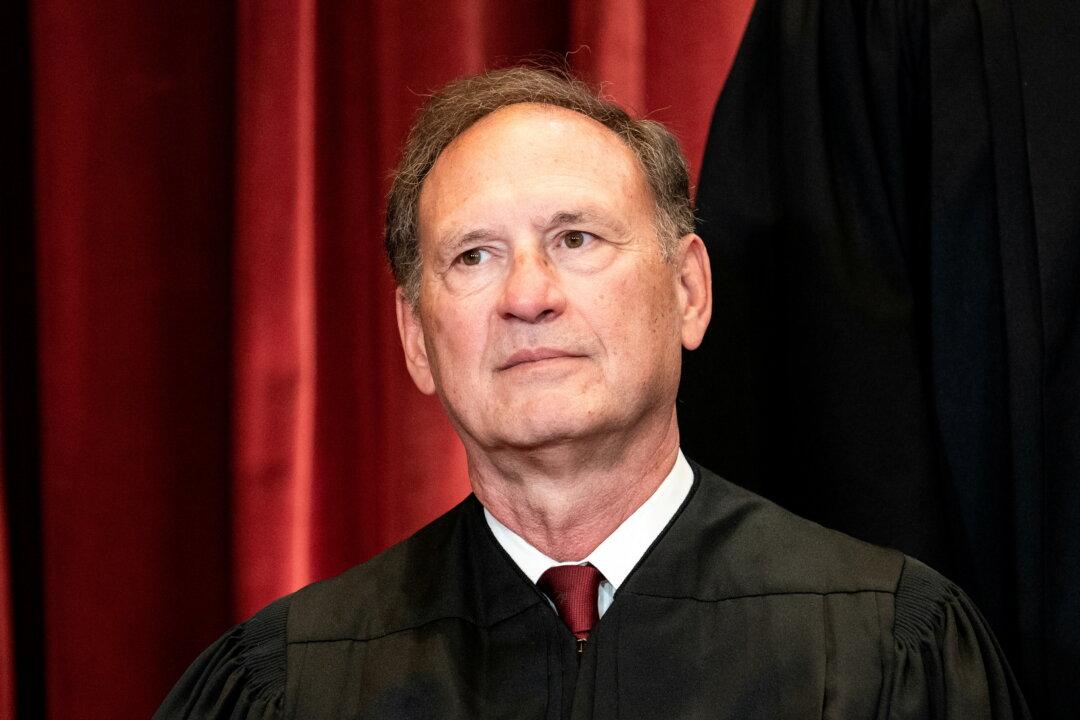The U.S. Supreme Court says that there is no indication that Justice Samuel Alito leaked a 2014 decision.
A lawyer for the nation’s top court said in a letter to lawmakers on Nov. 28 that allegations Alito disclosed details about the decision to friends are “uncorroborated” and that Alito has denied being behind the leak.





